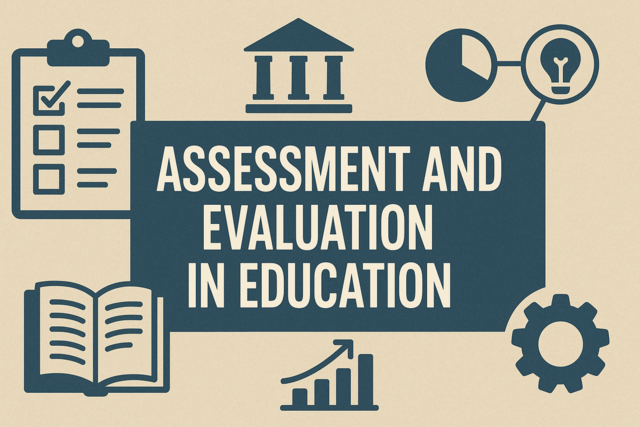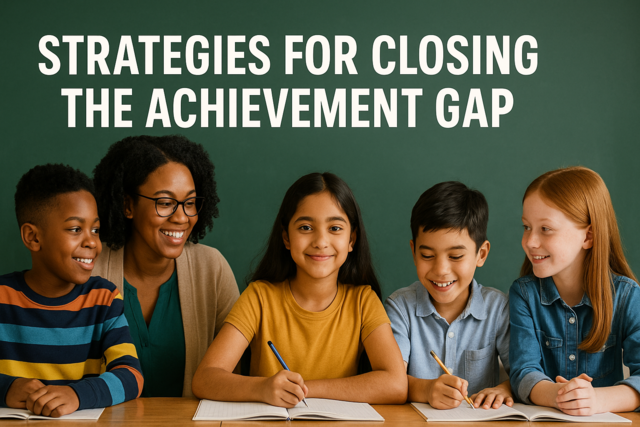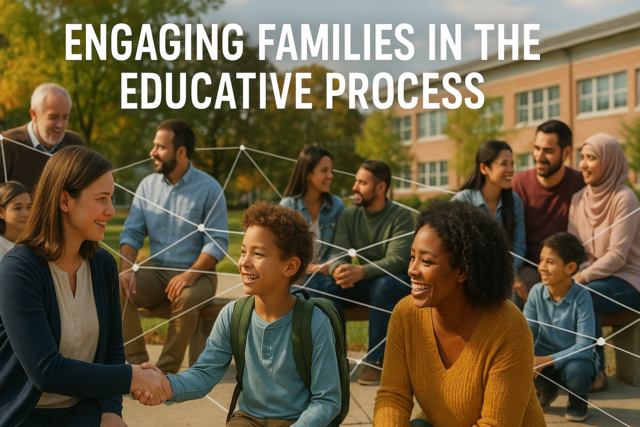Online Class: Civic Education and Engagement

no certificate
with CEU Certificate*
-
15Lessons
-
22Exams &
Assignments -
7Hours
average time -
0.7CEUs
Course Description
Imagine a world where your voice not only matters but resonates across the layers of society, crafting change and inspiring progress. Welcome to "Civic Education and Engagement," a journey that does more than educate—it empowers. This isn't just a course; it's an invitation to redefine your role in the complex, ever-evolving landscape of modern civic life. Have you ever felt the urge to be part of something bigger, to catalyze positive transformations in your community and beyond? This course is your pivotal step forward.
In today's interconnected world, citizenship is not merely about residing in a country; it's about becoming an active architect of its future. Here, we unravel the multi-faceted role of citizenship in modern society, guiding you to understand and embrace your potential as a global citizen. This isn't textbook knowledge—it's a roadmap. You'll immerse yourself in captivating stories of activists and everyday heroes who've wielded their rights and responsibilities to effect monumental societal advancement. With their journeys as your compass, you'll uncover your own path to influence.
Prepare to delve into the intriguing dynamics of democracy through our exploration of governmental powers. Imagine democracy as a grand stage, with the legislative, executive, and judicial branches each performing vital roles that sustain the equilibrium of power—ensuring no single entity can wield unchecked dominance. This course gives you more than a front-row view; it hands you the script. By understanding these structures intricately, you're equipped to actively participate, ensuring that government serves as a true reflection of the people's will.
Historical triumphs hold profound lessons, and through our lens, you will relive the relentless struggles for inclusivity and justice that have shaped our voting rights and democratic movements. The Votes of Change module promises to inspire, igniting a passion within you to continue this legacy of progress. Through engaging narratives of past advocates, you'll learn to channel collective advocacy to drive equitable electoral processes and policies.
The beauty of civic education lies in its transformative power, and our course encapsulates this by emphasizing growth through active community involvement. Step into the shoes of exemplary citizens who have championed causes through grassroots movements and volunteering efforts. Discover how your actions, when aligned with civic duties, can ripple out to spark global societal enhancement.
One of the most pressing challenges of our time is navigating the echo chamber effect. With our course, you'll be immersed in dissecting the role of media in shaping public perception, learning not just to consume information critically but to contribute effectively and meaningfully to democratic discourses.
Moreover, environmental advocacy is a heartbeat of our program, emphasizing how civic education can lead to significant ecological impacts. Through dynamic campaigns and strategic expertise, you'll be inspired to innovate solutions and actions for sustainable living—turning awareness into activism.
In "Civic Education and Engagement," technology's role doesn't just get a mention; it interlaces with every lesson to revolutionize participation and literacy. How can digital tools be leveraged for inclusive civic participation and ethical leadership? Our course answers this with practical applications and transformative insights, preparing you to lead with integrity and techno-savvy acumen.
Yet, the essence of this course is not just in its content but in the connections you will forge. Here, you become part of a vibrant community where diversity isn't just acknowledged but celebrated as a crucial asset for innovation and advancement. Engaging discussions and collaborative projects ensure that your experience is not only educational but truly transformative—turning theoretical knowledge into tangible societal impact.
Whether you're aspiring to influence local governments or dream of addressing global challenges, this course is your foundational cornerstone. By the end of your journey with us, you will emerge not just enlightened but empowered—ready to lead, innovate, and reshape the civic landscape.
Join us on this unparalleled adventure of self-discovery and societal impact. Enroll today, and become a beacon of change the world truly needs. Act now; your transformative journey begins here. Your voice is powerful—let's make it heard together.
- Completely Online
- Self-Paced
- 6 Months to Complete
- 24/7 Availability
- Start Anytime
- PC & Mac Compatible
- Android & iOS Friendly
- Accredited CEUs

Course Lessons
Lesson 1. The Multi-faceted Role of Citizenship in Modern Society
Citizenship transcends mere legal status, weaving a complex tapestry of rights, responsibilities, and community engagement that forms the heart of civic life and societal advancement. From voting and paying taxes to active participation in governance and social advocacy, citizenship empowers individuals to shape their communities and contributes to societal welfare.Lesson 2. Power Divided: The Branches of Government
Democracy operates on the principles of separation of powers and checks and balances to prevent tyranny, with each branch—legislative, executive, and judicial—having distinct responsibilities. This system empowers citizens through civic education, fostering active participation in governance by ensuring no single entity wields unchecked power.Lesson 3. Votes of Change: Catalyzing Democratic Progress
Over time, voting rights and democratic movements have progressed, drawing from relentless struggles for inclusivity and justice worldwide. Historical triumphs against racial and gender discrimination underscore the crucial role of collective advocacy in shaping equitable electoral processes.Lesson 4. Milestones in Human Rights: Justice's Chronological Voyage
The journey of human rights is intricately tied to humanity's quest for justice, reflected in foundational texts, advocacy movements, and intellectual progress throughout history. It underscores the essential role of civic education in empowering individuals to critically engage with ongoing societal issues, continuing the fight for rights and justice in a complex global landscape.Lesson 5. Active Engagement: Growth Through Community Involvement
Democracy thrives when citizenship embodies not just rights but also responsibilities, such as obeying laws and serving on juries. Active participation in civic duties fosters justice and fairness, upholding democratic principles through collective commitment.Lesson 6. Dissecting the Echo Chamber Effect: Navigating Misinformation and Ideological Polarization
Grasping media bias is crucial for understanding how political perceptions mold public opinion, as it can subtly or overtly skew the presentation of information. With the digital age amplifying the spread of information, fostering media literacy and critical reflection enables citizens to navigate these biases and contribute effectively to democracy.Lesson 7. Advancing Environmental Advocacy: A Civic Education Perspective
Environmental advocacy is crucial in civic education, emphasizing the protection of natural resources and instilling responsibility across all societal stakeholders. Through campaigns like those against single-use plastics, these efforts underscore the power of everyday actions in achieving significant environmental impacts.Lesson 8. The Role of Data in Informed Policymaking
Stakeholder engagement in policy processes fosters transparency and accountability, exemplified by initiatives like participatory budgeting and patient-centered healthcare reforms. These inclusive practices empower citizens, align public policies with community needs, and enhance democratic participation.Lesson 9. The Intersection of Technology and Civic Participation
The integration of digital tools in civic life fosters inclusive participation and critical dialogue, as seen through social media movements and online forums like Reddit. Educational platforms leverage technology to teach civic literacy, transforming passive learning into active, responsibility-driven experiences.Lesson 10. The Beacon of Ethical Leadership in Civic Engagement
Humility in leadership invites collaborative growth, where feedback from diverse voices aids innovative and inclusive solutions to communal issues. Present leaders exemplify ethical behavior, nurturing future generations to uphold integrity in civic life and fostering societal trust.Lesson 11. From the Ground Up: How Grassroots Movements Shape Society
Utilizing direct action and public demonstrations, grassroots efforts effectively galvanize attention and instigate policy reforms on pressing issues, from environmental sustainability to social justice. Their strength lies in diverse inclusivity, seen in movements such as Black Lives Matter, which educate and mobilize global support for systemic change.Lesson 12. The Role of Global Citizenship in Today's World
Technological advancements have made global citizenship essential, allowing people to tackle transnational issues such as environmental degradation and human rights violations. Engaging responsibly in digital and cultural platforms promotes empathy and collaboration among global communities.Lesson 13. Harnessing Volunteerism for Societal Good
With a mission-driven approach prioritizing public good over financial gain, nonprofits foster societal advancement and civic empowerment through diverse operations, including education and health initiatives. Their transparent practices and volunteer-driven efforts enhance trust, accountability, and widespread societal impact.Lesson 14. Unlocking the Benefits of Diversity and Inclusion in Society
By embedding inclusivity and diversity in civic processes, communities can harness a wealth of ideas, propelling social and economic advancement. Strategic partnerships, digital literacy, and educational reforms are pivotal in ensuring equitable access and participation, bridging historical and contemporary divides.Lesson 15. Bridging Civic Divides: Mastering Conflict Dynamics
Mediation and consensus-building techniques transform civic spaces by promoting active listening, empathy, and reframing discussions around shared goals, easing tensions and encouraging cooperation. Neutral facilitators and trust-building are critical in maintaining balanced mediations that respect cultural sensitivities and diversity, utilizing technology for broader engagement.
Learning Outcomes
- Demonstrate understanding of civic duties by identifying and explaining the responsibilities associated with citizenship, including voting, tax-paying, and jury service.
- Recognize the multifaceted nature of citizenship by describing at least three different dimensions (legal, social, and digital) and their role in society.
- Describe how the separation of powers and checks and balances prevent tyranny by ensuring that no single branch of government becomes too powerful.
- Identify specific examples of legislative, executive, and judicial actions that demonstrate the interplay of power and accountability in the U.S. government structure.
- Demonstrate an understanding of barriers to voting access and propose strategies to improve electoral inclusivity and engagement.
- Recognize the historical evolution of voting rights and identify key milestones in the journey toward universal suffrage.
- Demonstrate understanding of key historical milestones in the human rights movement by summarizing their impact on contemporary legal frameworks.
- Identify significant international human rights treaties and evaluate their influence on national policies and social justice initiatives.
- Demonstrate understanding of democratic values by engaging in a community project, enhancing civic responsibility and inclusivity.
- Identify strategies for effective volunteering that empower communities and foster personal growth in leadership and communication skills.
- Demonstrate the ability to identify and analyze instances of media bias in news articles by assessing language, source selection, and omitted information.
- Evaluate the credibility of news sources by cross-referencing multiple outlets and identifying potential biases influenced by ownership and editorial policies.
- Define the role of environmental advocacy in promoting sustainability and describe how it drives policy changes and public action towards preserving natural resources.
- Demonstrate mastery of lesson content at levels of 70% or higher.
Additional Course Information

- Document Your Lifelong Learning Achievements
- Earn an Official Certificate Documenting Course Hours and CEUs
- Verify Your Certificate with a Unique Serial Number Online
- View and Share Your Certificate Online or Download/Print as PDF
- Display Your Certificate on Your Resume and Promote Your Achievements Using Social Media

Choose Your Subscription Plan
No Certificate / No CEUs
This course only
| Includes certificate | X |
| Includes CEUs | X |
| Self-paced |

|
| Instructor support |

|
| Time to complete | 6 months |
| No. of courses | 1 course |
Certificate & CEUs
This course only
| Includes certificate |

|
| Includes CEUs |

|
| Self-paced |

|
| Instructor support |

|
| Time to complete | 6 months |
| No. of courses | 1 course |
Certificates & CEUs
Includes all 600+ courses
| Includes certificate |

|
| Includes CEUs |

|
| Self-paced |

|
| Instructor support |

|
| Time to complete | 12 Months |
| No. of courses | 600+ |
Certificates & CEUs
Includes all 600+ courses
| Includes certificate |

|
| Includes CEUs |

|
| Self-paced |

|
| Instructor support |

|
| Time to complete | 24 Months |
| No. of courses | 600+ |
Related Courses
-
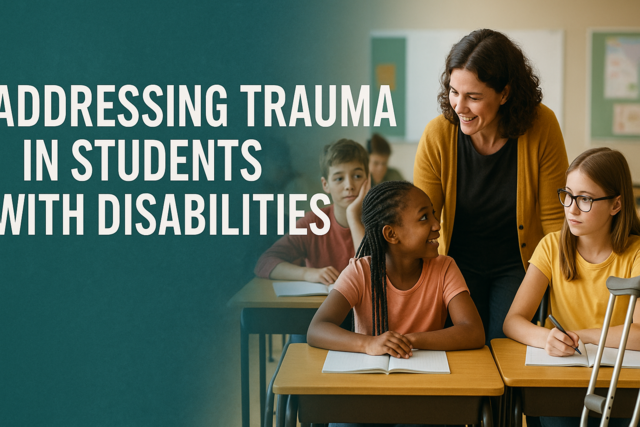 3 hours
0.3 CEUs
Addressing Trauma in Students with Disabilities
+ More Info
3 hours
0.3 CEUs
Addressing Trauma in Students with Disabilities
+ More Info
-
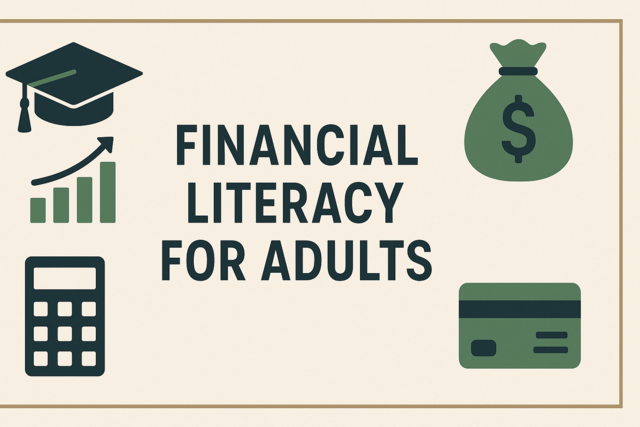 3 hours
0.3 CEUs
Financial Literacy for Adults
+ More Info
3 hours
0.3 CEUs
Financial Literacy for Adults
+ More Info
-
 7 hours
0.7 CEUs
Digital Friendships: Navigating Virtual Connections
+ More Info
7 hours
0.7 CEUs
Digital Friendships: Navigating Virtual Connections
+ More Info
-
 7 hours
0.7 CEUs
Classroom Design and Environment for Special Needs Students
+ More Info
7 hours
0.7 CEUs
Classroom Design and Environment for Special Needs Students
+ More Info
-
 4 hours
0.4 CEUs
Preparing for a Career Change
+ More Info
4 hours
0.4 CEUs
Preparing for a Career Change
+ More Info
-
 4 hours
0.4 CEUs
Designing Experiential Learning Opportunities
+ More Info
4 hours
0.4 CEUs
Designing Experiential Learning Opportunities
+ More Info
-
 3 hours
0.3 CEUs
Positive Reinforcement Techniques for Special Educators
+ More Info
3 hours
0.3 CEUs
Positive Reinforcement Techniques for Special Educators
+ More Info
-
 6 hours
0.6 CEUs
Fashion Forward: Trendsetting in the Modern Era
+ More Info
6 hours
0.6 CEUs
Fashion Forward: Trendsetting in the Modern Era
+ More Info
-
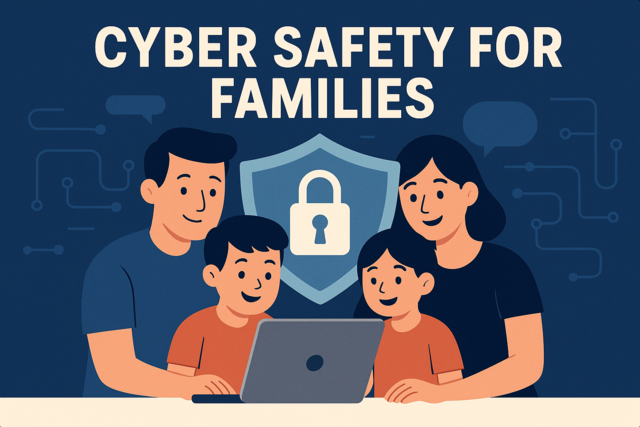 5 hours
0.5 CEUs
Cyber Safety for Families
+ More Info
5 hours
0.5 CEUs
Cyber Safety for Families
+ More Info
-
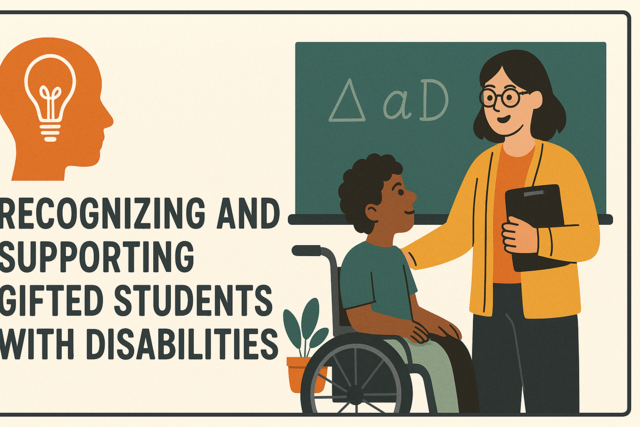 5 hours
0.5 CEUs
Recognizing and Supporting Gifted Students with Disabilities
+ More Info
5 hours
0.5 CEUs
Recognizing and Supporting Gifted Students with Disabilities
+ More Info
-
 5 hours
0.5 CEUs
Time Travel Mysteries and Paradoxes
+ More Info
5 hours
0.5 CEUs
Time Travel Mysteries and Paradoxes
+ More Info
-
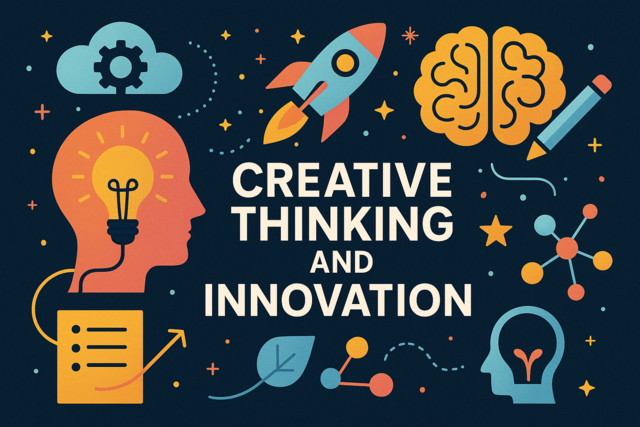 4 hours
0.4 CEUs
Creative Thinking and Innovation
+ More Info
4 hours
0.4 CEUs
Creative Thinking and Innovation
+ More Info
-
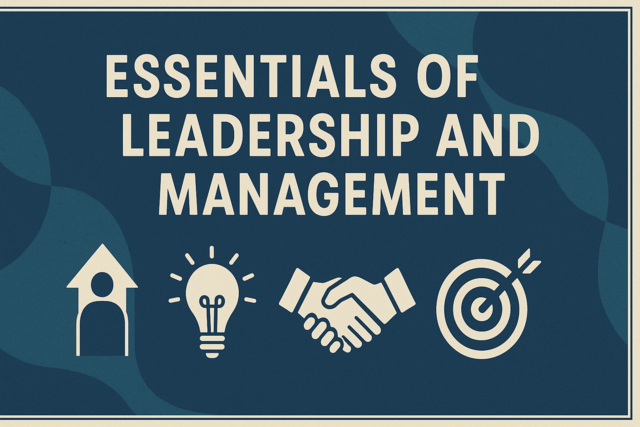 4 hours
0.4 CEUs
Essentials of Leadership and Management
+ More Info
4 hours
0.4 CEUs
Essentials of Leadership and Management
+ More Info
-
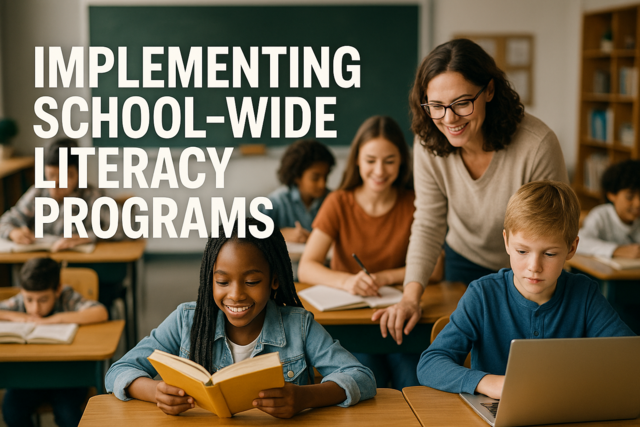 5 hours
0.5 CEUs
Implementing School-Wide Literacy Programs
+ More Info
5 hours
0.5 CEUs
Implementing School-Wide Literacy Programs
+ More Info
-
 3 hours
0.3 CEUs
Effective Literacy Instruction in Early Education
+ More Info
3 hours
0.3 CEUs
Effective Literacy Instruction in Early Education
+ More Info
-
 6 hours
0.6 CEUs
Introduction to Data Analytics
+ More Info
6 hours
0.6 CEUs
Introduction to Data Analytics
+ More Info
-
 7 hours
0.7 CEUs
The Power of Vulnerability: Authentic Connections in a Busy World
+ More Info
7 hours
0.7 CEUs
The Power of Vulnerability: Authentic Connections in a Busy World
+ More Info
-
 4 hours
0.4 CEUs
Time Management Mastery
+ More Info
4 hours
0.4 CEUs
Time Management Mastery
+ More Info
-
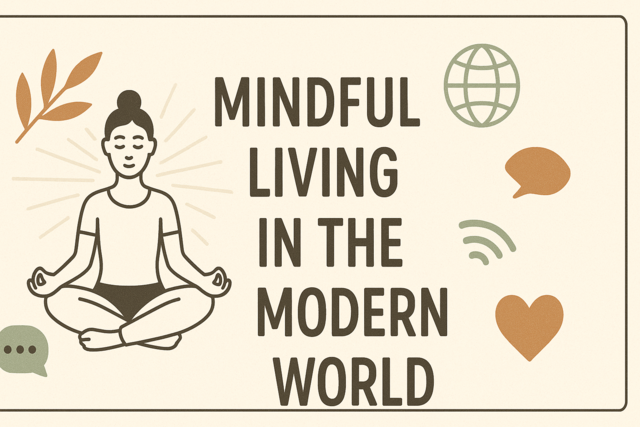 7 hours
0.7 CEUs
Mindful Living in the Modern World
+ More Info
7 hours
0.7 CEUs
Mindful Living in the Modern World
+ More Info
-
 6 hours
0.6 CEUs
Data-Driven Decision Making in Special Education
+ More Info
6 hours
0.6 CEUs
Data-Driven Decision Making in Special Education
+ More Info
-
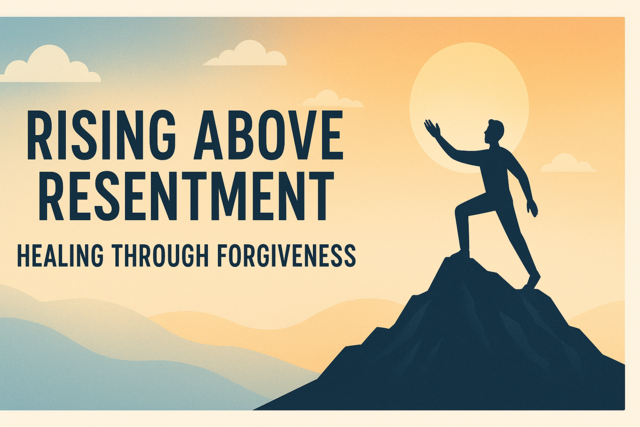 4 hours
0.4 CEUs
Rising Above Resentment: Healing Through Forgiveness
+ More Info
4 hours
0.4 CEUs
Rising Above Resentment: Healing Through Forgiveness
+ More Info
-
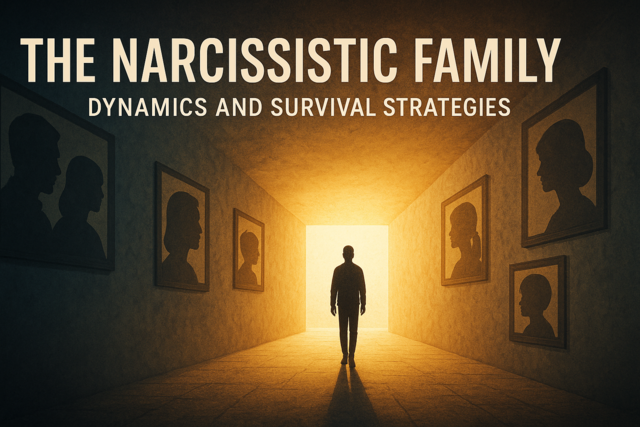 5 hours
0.5 CEUs
The Narcissistic Family: Dynamics and Survival Strategies
+ More Info
5 hours
0.5 CEUs
The Narcissistic Family: Dynamics and Survival Strategies
+ More Info
-
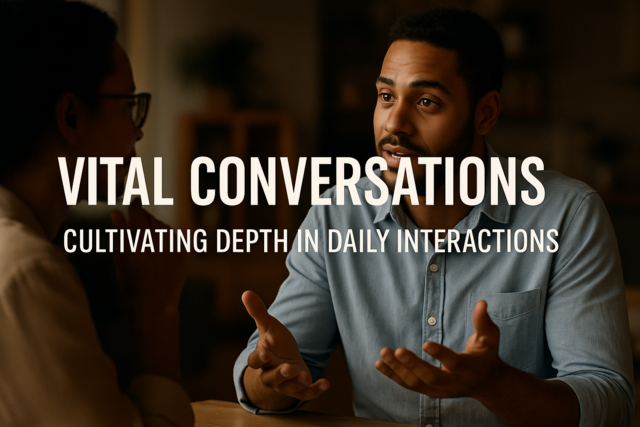 4 hours
0.4 CEUs
Vital Conversations: Cultivating Depth in Daily Interactions
+ More Info
4 hours
0.4 CEUs
Vital Conversations: Cultivating Depth in Daily Interactions
+ More Info
-
 7 hours
0.7 CEUs
Advanced PowerPoint Presentation Skills
+ More Info
7 hours
0.7 CEUs
Advanced PowerPoint Presentation Skills
+ More Info
-
 6 hours
0.6 CEUs
Public Speaking with Confidence
+ More Info
6 hours
0.6 CEUs
Public Speaking with Confidence
+ More Info
-
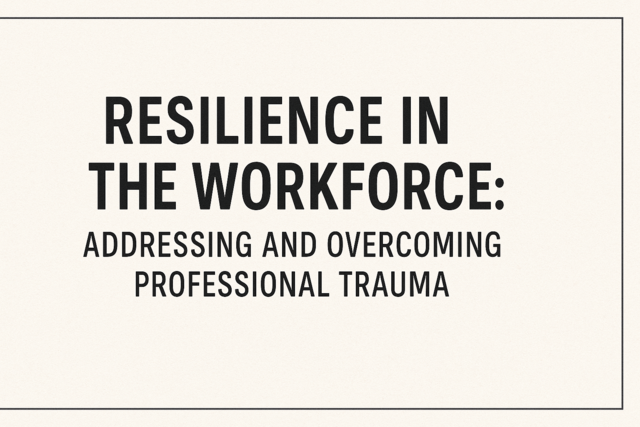 4 hours
0.4 CEUs
Resilience in the Workforce: Addressing and Overcoming Professional Trauma
+ More Info
4 hours
0.4 CEUs
Resilience in the Workforce: Addressing and Overcoming Professional Trauma
+ More Info
-
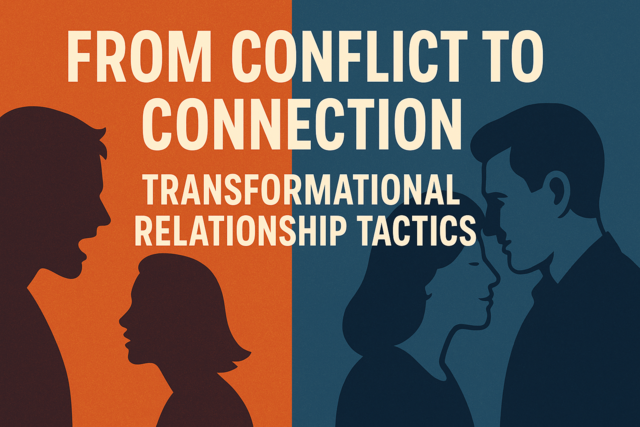 3 hours
0.3 CEUs
From Conflict to Connection: Transformational Relationship Tactics
+ More Info
3 hours
0.3 CEUs
From Conflict to Connection: Transformational Relationship Tactics
+ More Info
-
 6 hours
0.6 CEUs
The Art of Dressing: Mastering High-End Menswear
+ More Info
6 hours
0.6 CEUs
The Art of Dressing: Mastering High-End Menswear
+ More Info
-
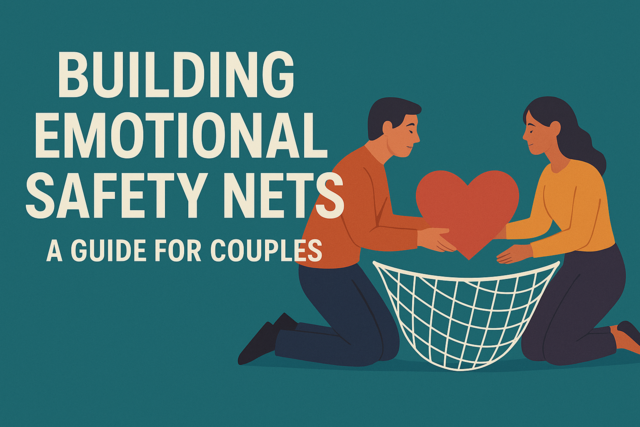 5 hours
0.5 CEUs
Building Emotional Safety Nets: A Guide for Couples
+ More Info
5 hours
0.5 CEUs
Building Emotional Safety Nets: A Guide for Couples
+ More Info
-
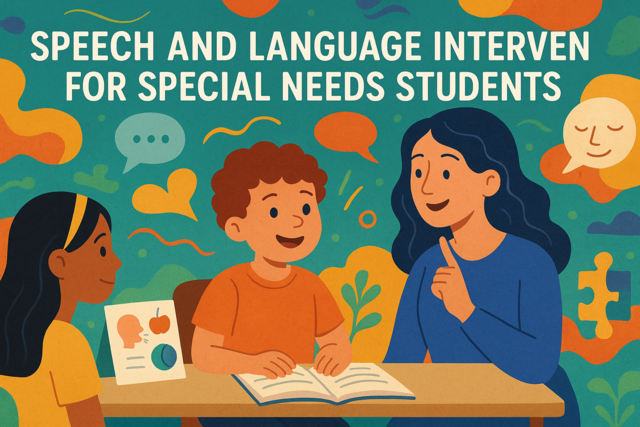 7 hours
0.7 CEUs
Speech and Language Interventions for Special Needs Students
+ More Info
7 hours
0.7 CEUs
Speech and Language Interventions for Special Needs Students
+ More Info
-
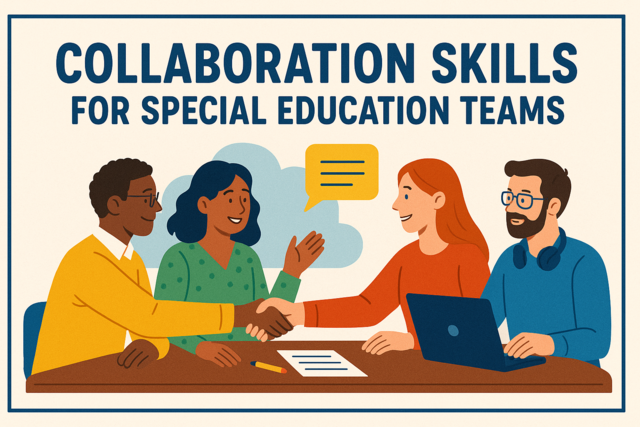 4 hours
0.4 CEUs
Collaboration Skills for Special Education Teams
+ More Info
4 hours
0.4 CEUs
Collaboration Skills for Special Education Teams
+ More Info
-
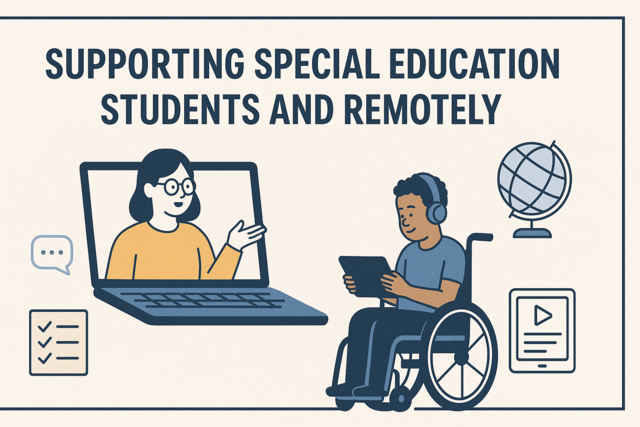 5 hours
0.5 CEUs
Supporting Special Education Students Virtually and Remotely
+ More Info
5 hours
0.5 CEUs
Supporting Special Education Students Virtually and Remotely
+ More Info
-
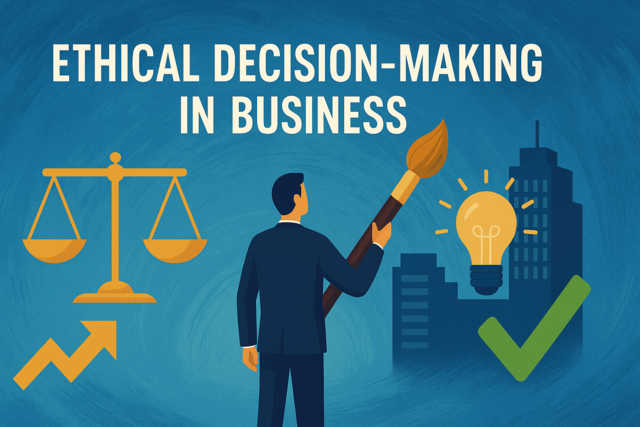 6 hours
0.6 CEUs
Ethical Decision-Making in Business
+ More Info
6 hours
0.6 CEUs
Ethical Decision-Making in Business
+ More Info
-
 7 hours
0.7 CEUs
Research Frontiers: Contemporary Studies in Trauma and Recovery
+ More Info
7 hours
0.7 CEUs
Research Frontiers: Contemporary Studies in Trauma and Recovery
+ More Info
-
 3 hours
0.3 CEUs
Budgeting and Financial Planning
+ More Info
3 hours
0.3 CEUs
Budgeting and Financial Planning
+ More Info
-
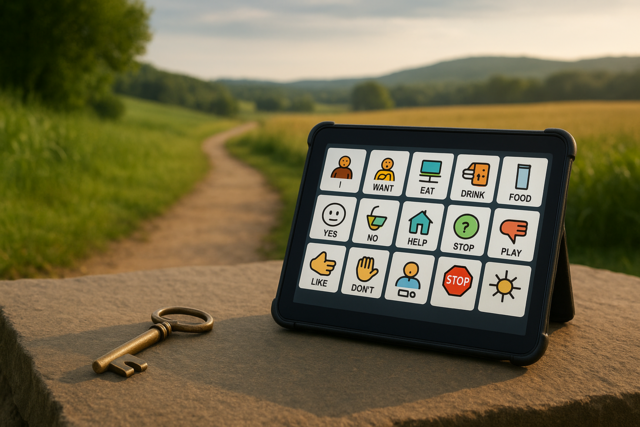 6 hours
0.6 CEUs
Assistive Communication Devices: Maximizing Potential
+ More Info
6 hours
0.6 CEUs
Assistive Communication Devices: Maximizing Potential
+ More Info
-
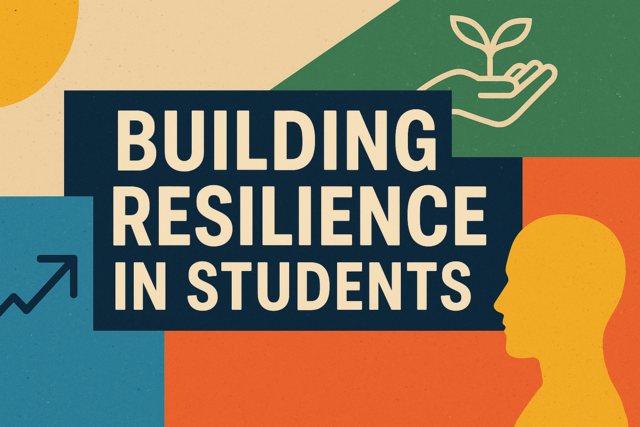 3 hours
0.3 CEUs
Building Resilience in Students
+ More Info
3 hours
0.3 CEUs
Building Resilience in Students
+ More Info
-
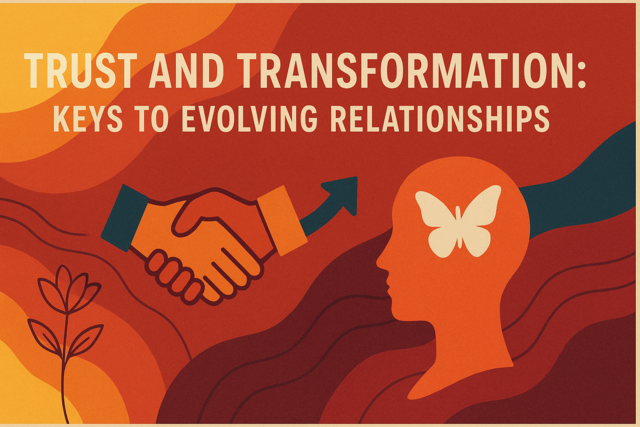 4 hours
0.4 CEUs
Trust and Transformation: Keys to Evolving Relationships
+ More Info
4 hours
0.4 CEUs
Trust and Transformation: Keys to Evolving Relationships
+ More Info
-
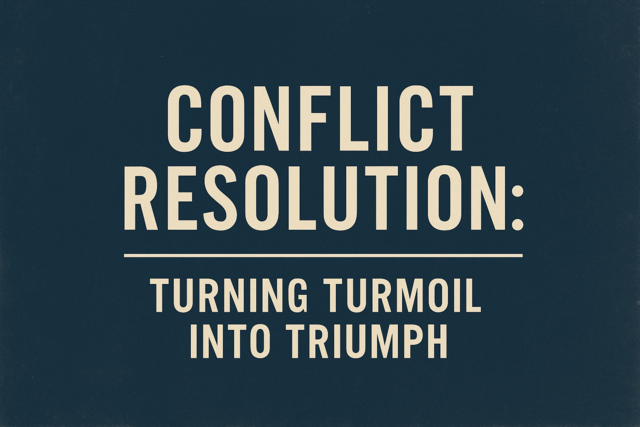 5 hours
0.5 CEUs
Conflict Resolution: Turning Turmoil into Triumph
+ More Info
5 hours
0.5 CEUs
Conflict Resolution: Turning Turmoil into Triumph
+ More Info
-
 5 hours
0.5 CEUs
Introduction to Programming for Professionals
+ More Info
5 hours
0.5 CEUs
Introduction to Programming for Professionals
+ More Info


